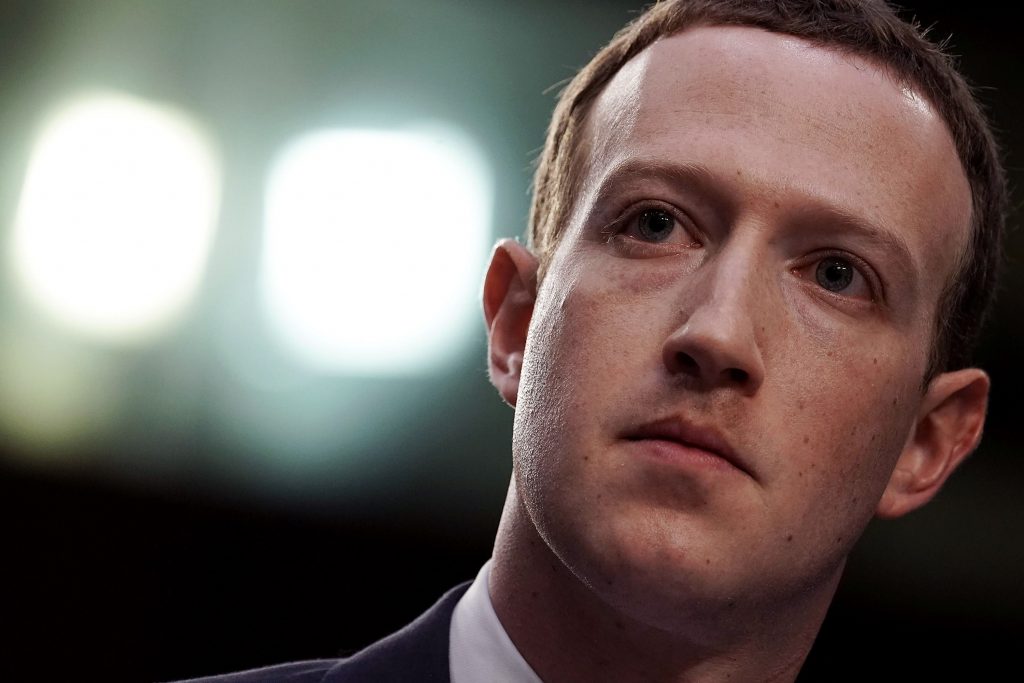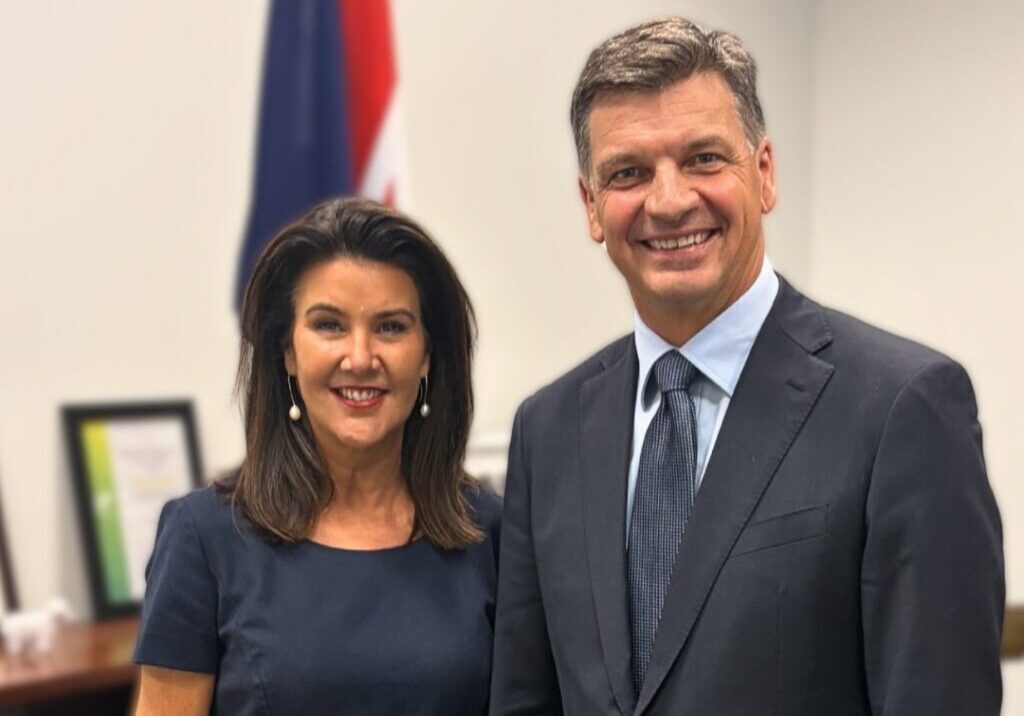Australia/Israel Review
The Last Word: Denial of Evil
Aug 3, 2018 | Jeremy Jones

It had been an unexceptional working day.
Using the relatively new technology, email, I had been engaged in collaborative research with colleagues across the world.
Then the phone rang.
It was the first call I had ever received from a person who had received anti-Jewish hate material via a computer network.
My caller was close to tears and barely able to talk.
He had survived the attempt by the Nazis to murder every Jewish person on the planet, had immigrated to Australia and attempted to rebuild his life.
When the World Wide Web became accessible to the public, he did what many people with similar life experiences did – he joined an online community, hoping to find any distant relations, people from his village or others who could empathise with and understand him.
That usenet group became a very important part of his life. Each message offered the prospect of a new piece in the jigsaw of his past and a source of strength for the future.
One person in that group, however, had confected an identity so as to join and then gather personal data and email addresses.
That individual then sent messages to group members telling them that there had never been a Holocaust and that all people who claimed to be survivors were liars and part of a conspiracy to extort money, guilt and political advantage from others.
I subsequently received a number of calls from other survivors of the Shoah who had received the same emails. One woman told me how she felt not just insulted but violated, as she had been in the sanctity of her own home when the malevolent message arrived.
A few years later, a political and public debate took place in Australia regarding proposals to introduce legislation to give victims of racial harassment, bullying and antisemitism some legal recourse.
The “holocaust denial” emails were identified as clear and present racist harassment, and any person who would propagate such hatred correctly understood to be malicious and a danger to society.
Once the Federal racial hatred legislation was adopted in 1995, one of the earliest cases (Jones v Toben) dealt with Holocaust denial, with the Federal Court noting that such material constituted antisemitism.
Although Australia does not have legislation identifying Holocaust denial as a crime, as do some European countries, there is case law which labels the conscious propagation of this group libel as a breach of Australian law.
It therefore beggars belief that Mark Zuckerberg, the CEO of Facebook, could publicly state that he would not take action to stop this anti-Jewish defamation being given a soap box on his popular platform on the grounds that “there are things that different people get wrong.”
As historian Deborah Lipstadt noted, “for someone with Zuckerberg’s massive profile and platform, this is breathtakingly irresponsible.”
The Nazi genocide is the single most researched, studied, documented, analysed and discussed historical subject.
There were literally millions of witnesses to individual aspects of the Shoah and copious documentation of mass killings, destruction of life and property and of the processes and perpetration of the crimes against humanity.
At the Stockholm International Forum on the Prevention of Genocide, in 2004, I was a representative of the Australian Government participating in a discussion on racism and Holocaust denial.
A scholar and representative of the Sinti and Roma people, after observing that research on the experience of these groups lagged behind that of Jews, noted that there were no manifestations of “denial” of their genocide.
The reason, as I had the opportunity to say at that conference, is because Holocaust denial has nothing to do with the study of history, and everything to do with malicious and malevolent attitude to Jews.
It is astounding that this basic fact eluded the CEO of Facebook.
It is to be hoped that Facebook does the right thing now – for moral reasons, quite apart from the potential of significant legal ramifications.






